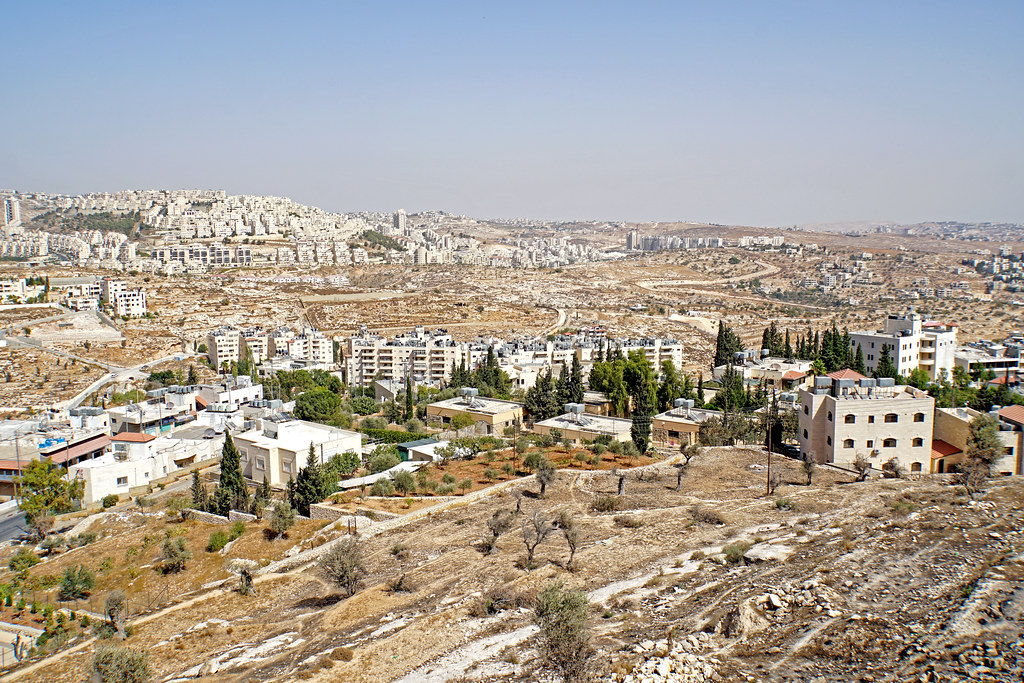 Photo from Flickr.
Photo from Flickr. A poll from the Palestine Center for Public Opinion (PCPO) found that a majority of Palestinians between the ages of 18 and 30 living in the West Bank and the Gaza Strip reject “permanent peace” with Israel.
According to The Washington Institute think-tank, the PCPO reached out to 1,000 Palestinians living in both the West Bank and Gaza Strip. The results of the June and July polls, released on Sept. 6, note that 34 percent of Palestinians between the ages of 18 and 30 in the West Bank believed that a two-state solution should end the Israel-Palestinian conflict. Thirty-eight percent of those in Gaza also believed in a two-state solution. Among Palestinians older than 30, 25 percent in the West Bank said the conflict should end with a two-state solution as did 46 percent in Gaza.
The poll also listed a series of political priorities for the Palestinians; 50 percent of Palestinians in the West Bank and Gaza said they “prioritize internal political reform” such as “making our government more effective and less corrupt” instead of engaging in acts of “’resistance’ against Israel.” That number was “noticeably lower” among Palestinians older than 30, as 35 percent of Palestinians in the West Bank, as well as 38 percent Gaza, had such priorities, per the Washington Institute.
Additionally, 49 percent of 18 to 30-year-old Palestinians in the West Bank said they agreed with the statement that the Palestinian Authority should cease payments to terrorists that murder Israelis, which the Washington Institute described as a “shockingly high” number.
The Washington Institute concluded that there could be policy headway with the younger Palestinians for political reform in the Palestinian territories. The “majority popular opposition to permanent peace with Israel, even among younger respondents, suggests that real reconciliation remains a distant dream,” it read. Therefore, “a compromise deal based mostly on goodwill is not a realistic option anytime soon.”
The poll results come following a September report from the Institute for Monitoring Peace and Cultural Tolerance in School Education (IMPACT-se) which concluded that the 2019-20 Palestinian curriculum in the West Bank and Gaza is “more radical” than in prior years.
The report noted that this was because the curriculum included the “systematic insertion of violence, martyrdom and jihad across all grades and subjects in a more extensive and sophisticated manner, embracing a full spectrum of extreme nationalist ideas and Islamist ideologies that extend even into the teaching of mathematics and science.”





















 More news and opinions than at a Shabbat dinner, right in your inbox.
More news and opinions than at a Shabbat dinner, right in your inbox.